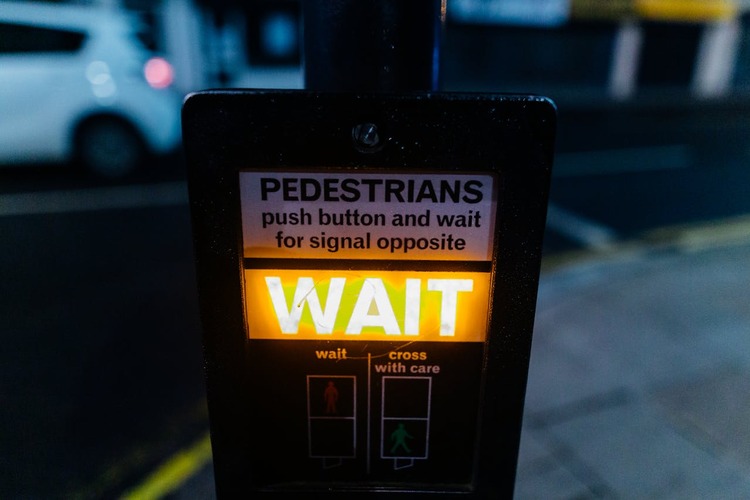After months of intensive test prep, resume polishing, recommendation favor-seeking, grueling essay writing, and high-pressure interviews, you’ve been met with the terse response: “Please wait longer for us to make a decision.” Let’s not kid ourselves, this is not an easy position to be in.
Being waitlisted is frustrating. It arrives just when applicants are most eager to make life-changing decisions and embark on the next stage of their career development. While that’s one side of the equation, it’s important to remember that there is another. When an applicant is put on the waitlist they are being told by the admissions committee that they are a strong, highly-qualified candidate, but that they have not distinguished themselves from the applicant pool.
Viewed through this lens, landing on the waitlist should be seen as a call to action. Now is the time to search for ways to distinguish yourself! You have one more chance to prove that you belong with a short follow-up essay (we recommend clients wait about a month from the time they receive their waitlist decision to send this). Whatever action you take during this next stretch of time — improving a GMAT/TOEFL score, enrolling in a calculus course, or taking on more responsibility at work — the key will be to craft a persuasive essay that clearly explains your actions, improvement, impact, and commitment. Here are some tips on waitlist essay content.
Highlight Improvements
The key to a waitlist essay is to highlight the improvement the applicant has made since their initial application. However, simply mentioning a new project at work or enrolling in an analytics course is not enough. The essay should explain how working on the project or class makes the person a better-prepared candidate. The essay should also clearly emphasize the critical knowledge and skills the candidate has enhanced via the recent experience.
Connect Growth to Impact
The next step many people struggle with or even omit entirely from their waitlist essay. The essay will fail to hit the mark if the writer does not explain why this new knowledge or the enhanced skill will allow the applicant to make a stronger contribution to the program or translate to future career success. While writing application essays, applicants go to great lengths to show how each program uniquely fits their learning needs and career goals. Similarly, the most persuasive waitlist essays will explain the specific aspects of the program in which they expect to make an impact. Connect new industry knowledge, technical skills, or leadership opportunities to future contributions in classes, clubs, and campus events. Thus, the logical flow of a waitlist essay should move from recent actions taken to an explanation of improvement to the potential impact to the program.
Emphasize Your Commitment
A third, crucial goal of the waitlist essay is to convince the admissions committee that the candidate is 100% committed to attending their program. To achieve this, the candidate should include the actions they have taken to connect with the school’s community and underscore something new they have learned about the program that excites them. These actions might include reaching out to alumni, attending information sessions, or reading news or research conducted by the department. Doing this well displays a candidate’s commitment and passion to attend the school.
Make the Takeaways Clear
After reading the waitlist essay, the admissions committee should come to the following conclusions:
– The candidate is making a diligent effort to improve
– This is now a stronger candidate than when they submitted the application
– This person is more able to contribute to the program
– The candidate is very knowledgeable about the school and will likely enroll if admitted
[Conclusion]
Being waitlisted presents an applicant with the well-worn opportunity to turn lemons into lemonade. Tackling a waitlist decision with a positive attitude can only look good for an applicant’s candidacy, while passively waiting for an admissions decision is akin to watching one’s competitors work harder at chasing the same goals. Graduate studies are full of opportunities, and for some applicants, being waitlisted might be an opportunity to make that final push to gain admission to a dream school. To understand how we advise clients on everything leading up to the admissions decision (and some things after), book a free 20-minute consultation today.

